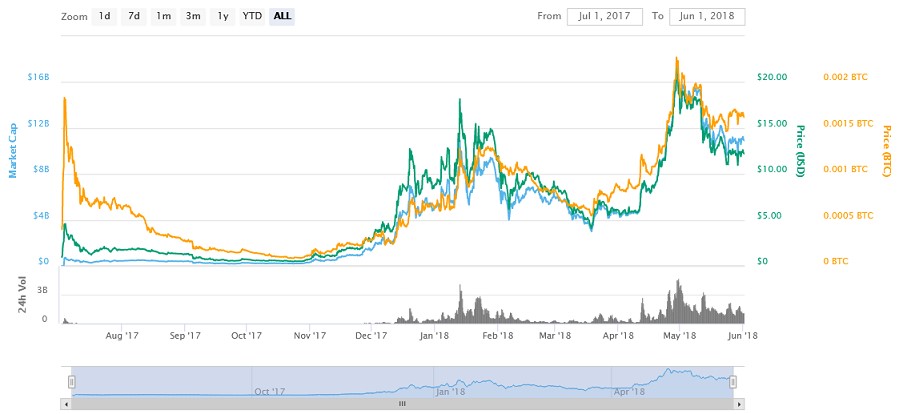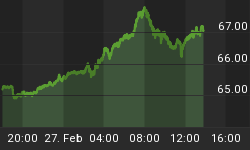The tech industry has more than its fair share of products that failed to take off. Some, like the simply ridiculous Infinium Phantom of 2003, were phantom products that fit the classic definition of vaporware-- all hype and zero substance.
And no tech sector is as rife with vaporware as the crypto industry. The exponential growth in popularity of ICOs (Initial Coin Offerings) and a rather esoteric crowdfunded model of raising early-stage capital, coupled with a lax regulatory framework has given rise to thousands of ICO scams.
Despite numerous caveat emptors and warnings by regulatory authorities including the SEC, many investors have maintained a shockingly blasé attitude and continue pumping money into ICOs and token distributions without as much as a cursory attempt at due diligence.
ICOs have so far raised $9.1 billion in the year-to-date, more than the $6.6 billion they netted in the whole of 2017.
Not surprisingly, many ICOs turn out to be vaporware where investors' money goes to die.
Speculative Mania
It therefore hardly comes as a surprise that the latest ICO has just managed to set a new funding record without a single live product to show.
Block.one, a Cayman Island startup, has managed to raise more than $4 billion via an ICO, and still counting. Block.one is offering a cryptocurrency called eos.ios which won't debut until June 3.
ICO participants have been paying in ether with the fundraising netting 7.12 million ether as of Wednesday night, worth about $4.16 billion at current ETH/USD exchange rates. That's more than double the previous record of about $1.7 billion set by Telegram's ICO, and even bigger than the biggest IPO so far this year--AXA Equitable Holdings' $2.8 billion May 10 offering.
The Block.one ICO was launched a year ago, making it one of the longest ICOs ever. The hype around the new crypto is incredibly high.
A quick check at CoinMarketCap's list of 1,640 cryptocurrencies reveals that only nine cryptos have a market cap greater than $4 billion, EOS being one of them. Remember this is a token that's trading with zero product. In effect, it means the founders have set an incredibly high bar for the new crypto-- if investors are to at least recoup their investment.
Ethereum Killer?
The hype around EOS revolves around its billing as an ethereum killer because it's supposed to, just like ethereum, enable easy creation of decentralized applications (dApps), but with superior scalability and faster block confirmation times than ether.
At this juncture, EOS charts look quite good--at least for early-in investors. Related: Silver Stocks Continue To Struggle
EOS is currently the 5th largest cryptocurrency with a market cap of $10.9 billion, less than a fifth ethereum's $58.3 billion. The hype around the ether-killer has, however, managed to push the price of a single coin from around $0.94 at launch to $12.21 currently.
Early-in investors who cash out early might therefore be just fine.
EOS Charts

(Click to enlarge)
Source: CoinMarketCap
Another positive: At least 14 crypto exchanges have also pledged to support the token swap to the EOS (EOS) MainNet at exactly 22:59:59 UTC on June 2nd.
But will EOS actually manage to relegate the second most popular cryptocurrency to the dustbin of history?
No one can answer that question until real people actually build dApps on the new blockchain and find it superior to ethereum's. Otherwise, the token might end up being useless, at which point it's likely to be a reversal of roles from with EOS going from “ether killer” to “ether killed”.
An Epidemic of Goofiness
That investors are willing to pump so much money into an untested product tells you that all common sense has been left at the door.
Related: The Indisputable Link Between Gold And Energy Prices
Recently, China-based internet security firm Qihoo 360 warned Block.one of “epic vulnerabilities” that made its nodes susceptible to hackers. The moment the founders release the code on June 2 might be the last time we ever hear of them.
The token has been trading on mere hype for nearly a full year--the real test is just about to begin. How might all this end? It's a sobering question, with a potentially tragic answer.
By Alex Kimani for Safehaven.com
More Top Reads From Safehaven.com
















